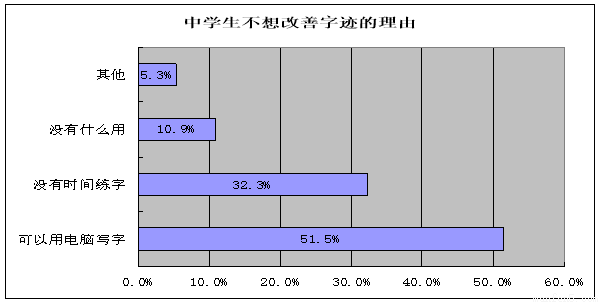题目内容
According to one theory, taking part in high-culture activities makes __________ easy for teenagers to make friends with powerful older people, __________ thus increases the chances of their lives turning out well.
A. that, which B. it, which
C. what, which D. it, what
B
【解析】
试题分析:考查定语从句。第一空用it作形式宾语,真正的宾语为to make friends with powerful older people;第二空which引导非限定性定语从句,指代前面一句话。句意:根据一个理论,参加高文化活动使得青少年与强大的老年人做朋友变得更容易,因此增加了他们的生活变好的机会。故B正确。
考点:考查定语从句

A. accurately B. advantage C. desirable D. humble AB. adequate AC. knowing AD. processing BC. rapidly BD. target CD. translate ABC. grasp |
A successful translator must have an excellent, up-to-date knowledge of his source language, full facility in the handling of his ___1.____ language, which will be his mother tongue or language of habitual use, and a knowledge of the latest subject-matter in his fields of specialization. This is his professional equipment. In addition to this, it is desirable that he should have an inquiring mind, wide interests, a good memory and the ability to ____2.___ quickly the basic principles of new developments. He should be willing to work on his own, often at high speeds, but should be ____3.___ enough to consult others if his own knowledge doesn’t always prove __4.____ to the task in hand. He should be able to type fairly quickly and ___5.____ and, if he is working basically as an information translator, let us say, for an industrial firm, he should have the flexibility of mind to enable him to switch ___6.____ from one source language to another, as well as from one-subject-matter to another, since this ability is frequently required of him in such work. Bearing in mind the nature of the translator’s work, i. e. the __7.____ of the written word, it is, strictly speaking, unnecessary that he should speak the languages he is dealing with. If he does speak them, it is an ___8.___ rather than a hindrance (障碍), but this skill is in many ways a luxury that makes no much difference to him. It is, however, ___9.___ that he should have a rough idea about the pronunciation of his source languages, even if this is restricted to __10.___ how proper names and place names are pronounced.
